Man Sentenced to Death Set Free Over Girlfriend's Contradictory Evidence
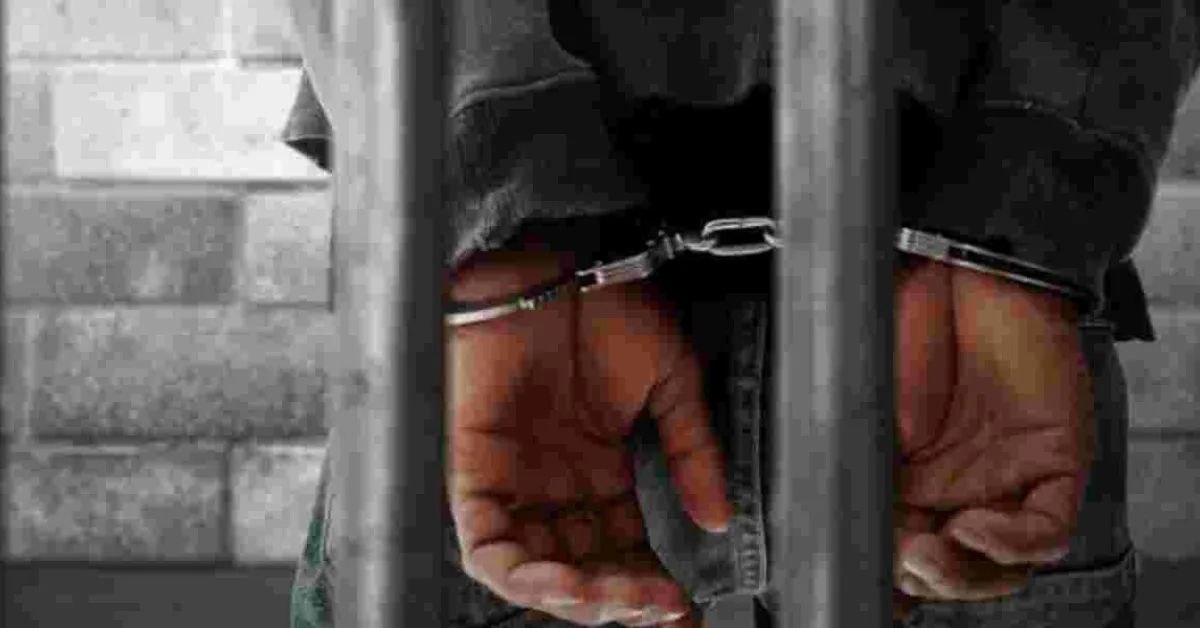
The Court of Appeal on Friday, July 7, delivered an appeal for a man who had been sentenced to death for armed robbery.
The determination was based on the fact that the primary evidence for his guilt was provided by a single witness - his girlfriend - whose testimony was found to be unreliable. The appellant argued that the lower court had unfairly relied on the sole witness in their decision-making. The incident happened in November 2009 in Runda, Nairobi County and involved the victim being attacked by burglars as soon as he arrived home. The court heard that before this occurred, the victim had asked one of his employees to open the gate, not knowing the ambush that awaiting him.
The appellant was accused of attempting to steal a Honda CRV worth Sh1 million while accompanied by an accomplice who was armed with a pistol. When the police were notified, the suspects were apprehended and put on trial. Six witnesses were called to the stand, one of them being the victim. One of the witnesses who was reported to be his girlfriend stated that she had known the appellant for eight months and the latter confirmed that she was indeed his girlfriend.
"If indeed she saw and recognised the appellant, whom she claimed to have been her acquaintance, she should have given this evidence when recording her evidence or to the police who went to the scene," read part of the ruling.
However, the Court of Appeal noticed some inconsistencies. For instance, if the witness was familiar with the appellant, she would have called out his name. In addition, if she had seen him holding a gun, she would likely have run away instead of standing there. The three-judge bench recommended that the prosecutors should have looked into the connection between the two more deeply. Conclusively, the Court of Appeal determined that the appellant had been wrongly convicted.
"If they were acquaintances and there was a fallout, that could have been the impetus for her to settle scores by falsely testifying against the appellant. We are not therefore convinced that the identification and recognition of the appellant by her was free from the possibility of error," the judges ruled.


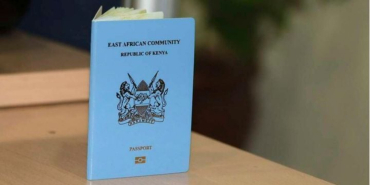



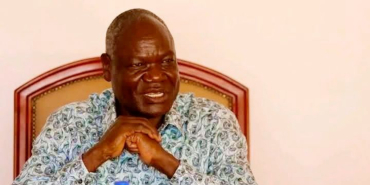
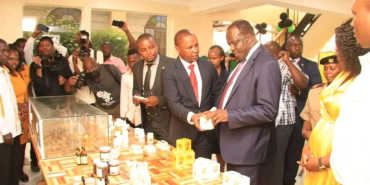

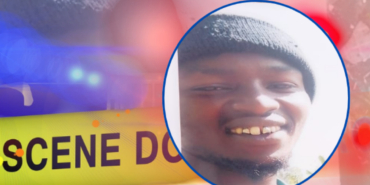


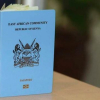

Add new comment